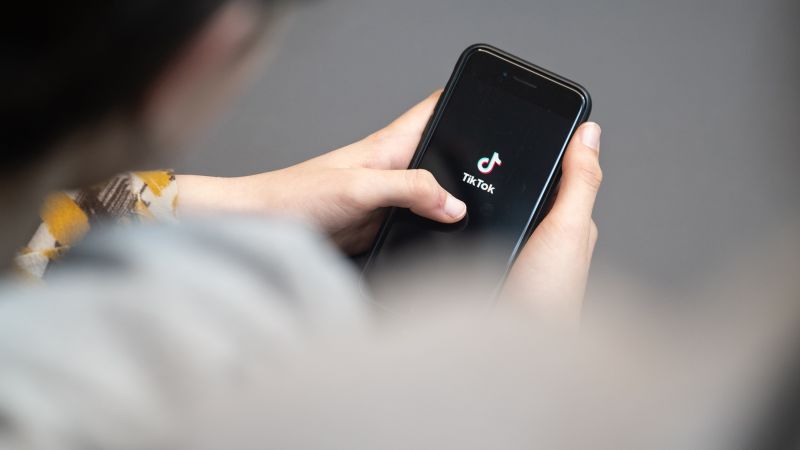New survey data released by the Pew Research Center and the John S. and James L. Knight Foundation challenges the notion that TikTok is a hotbed of political activity. The short-form video app, which boasts 170 million US users, has attracted politicians like former President Donald Trump and President Joe Biden in hopes of reaching young voters. However, a majority of TikTok users seem more interested in entertainment, culture, and connections with friends, according to the survey. Only 12% of users reported posting any political content.
The survey, conducted from March 18 to March 24 and involving 10,287 adult internet users in the United States, found that politics is not a primary reason for TikTok use. While some users do consume political content on the platform, the majority are more interested in entertainment, news, product reviews, and sports or pop culture. Only a third of users said they use TikTok to keep up with politics.
The research also revealed that Republican TikTok users slightly outnumber Democratic users, with 40% identifying as Republican and 52% as Democrats. Notably, the survey showed that content on TikTok is perceived as mostly liberal by 22% of users, while 6% say it is mostly conservative. However, nearly half of users believe the content does not have a clear ideological tilt.
Despite concerns about TikTok’s connection to China and potential influence on US politics, the vast majority of users – 82% – believe that the app either has no impact on democracy or is mostly good for democracy. This contrasts sharply with attitudes toward X, formerly Twitter, where Republican users have shifted from viewing the platform as mostly bad for democracy in 2021 to mostly good for democracy in 2023 and 2024 since Elon Musk’s acquisition.
The research does not speculate on the reasons behind Republican users’ changing views of X, but notes that the platform has undergone significant changes under Musk’s ownership. These changes include unwinding censorship of conservative speech, welcoming back suspended users, and altering verification badges, leading to greater polarization of views on the platform’s impact on democracy. Despite this, political campaigns continue to engage heavily on social media platforms in an effort to reach voters.



